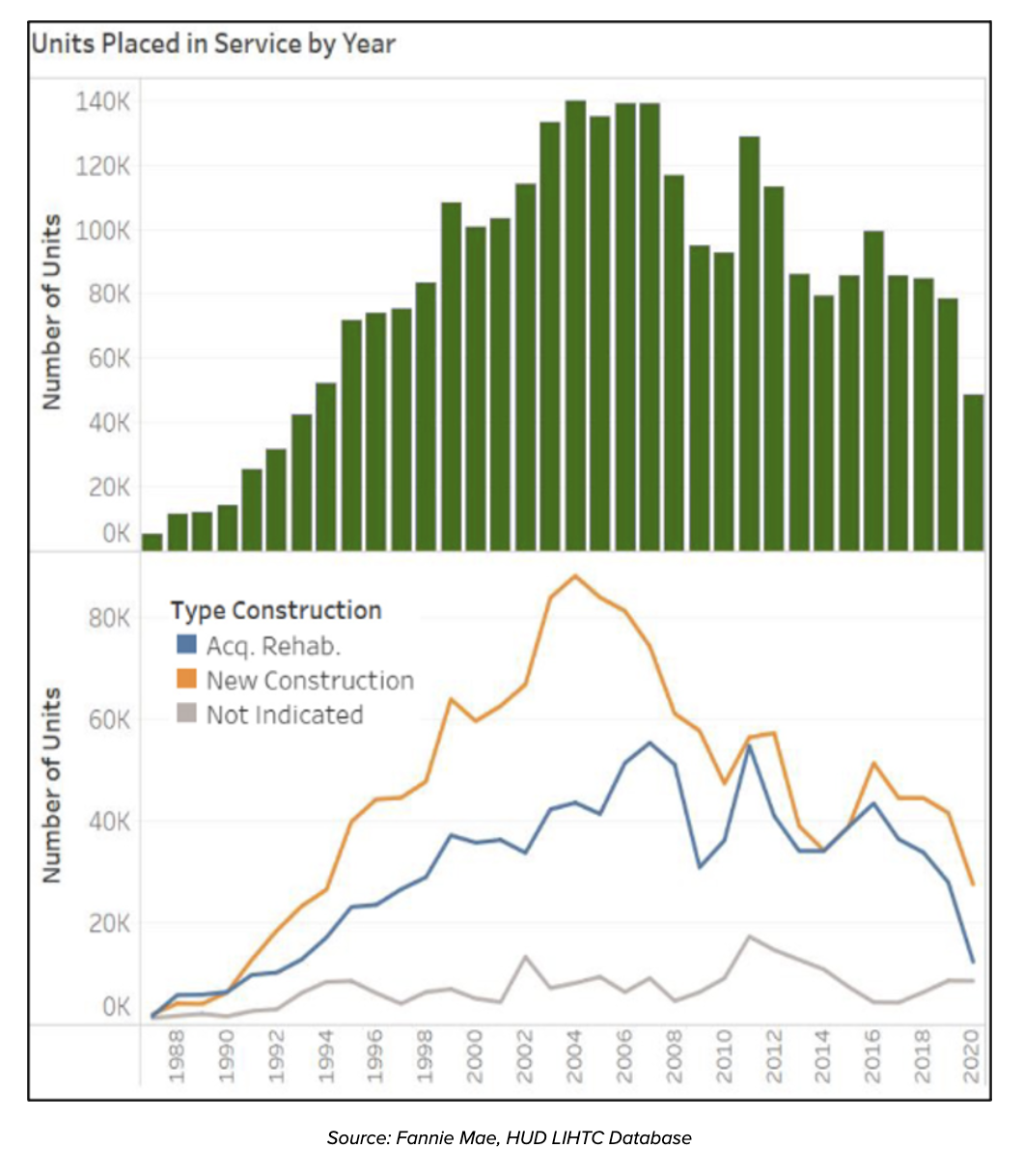
Pledger M. (Jody) Bishop III, MAI, SRA, AI-GRS, CRE
Interim Chief Executive Officer
Valbridge Property Advisors
Charleston, SC – Valbridge Property Advisors, the nation’s largest independent commercial real estate appraisal firm, is pleased to announce the appointment of Pledger M. (Jody) Bishop III, MAI, SRA, AI-GRS, CRE, as Interim Chief Executive Officer. With a distinguished career spanning over 35 years, Bishop brings a wealth of expertise in real estate appraisal, with a particular focus on litigation work.
As the 2022 President of the Appraisal Institute, Bishop has demonstrated exceptional leadership and commitment to the advancement of the appraisal profession. He has chaired the National Nominating Committee, the Compensation Committee, the Finance Committee, and the General Demonstration of Knowledge Grading Panel. He also played a key role on the Admissions and Designations Qualifications Committee.
In addition to his leadership roles, Bishop is an Appraisal Institute associate instructor, contributing his knowledge and insights to the education and development of appraisal professionals. He has authored seminars and webinars and served as a discussion leader at the Appraisal Institute’s annual Leadership Development and Advisory Council conference.
Bishop’s dedication and contributions to the Appraisal Institute have been recognized with prestigious awards, including the 2018 Edward W. Adams, SRA, Outstanding Board Service Award. In 2017, he received both the President’s Award and the Volunteer of Distinction recognition, underscoring his outstanding service and commitment to the organization.
Jody is also a partner in one of the original founding firms of Valbridge. Known previously as Atlantic Appraisals, LLC and founded in 1986, it became the Valbridge Property Advisors | Charleston where Jody practices today.
“We are thrilled to welcome Jody Bishop as our Interim CEO. His wealth of experience, leadership within the Appraisal Institute, and proven track record in the industry make him an ideal choice to guide Valbridge through this transitional period, “says Karl Finkelstein, VP of Marketing and Business Development of Valbridge Property Advisors. “We look forward to benefiting from his seasoned expertise as we continue to provide exceptional appraisal services to our clients,” says Finkelstein.
Bishop will assume the role of Interim CEO effective January 1, 2024, overseeing the strategic direction and day-to-day operations of Valbridge Property Advisors.

- Increasing Housing Stock for the Vulnerable Population: One of the primary contributions of LIHTC properties is the expansion of affordable housing options for low-income individuals and families. By incentivizing private investment, the LIHTC program has significantly increased the overall supply of affordable rental units. The tables below, which are based on information taken from the HUD LIHTC Database, indicate peak years for unit delivery occurred between 2004 and 2007 with nearly 140,000 units annually, most of which were new construction. According to the US Census Survey of Construction (2023), annual LIHTC delivery accounts for roughly 20% of all new multifamily units nationwide. The LIHTC program not only helps address the immediate housing needs of vulnerable populations, but also contributes to the stabilization of communities by providing a more balanced housing market.
- Neighborhood Revitalization: LIHTC properties often play a pivotal role in the revitalization of distressed neighborhoods. By encouraging the development of affordable housing in economically depressed areas, the program often brings additional public / private investment to the community in the form of improved infrastructure, commercial and recreational amenities, and additional job opportunities, all of which improve the neighborhood and its residents.
- Diversified Housing Options and Demographics: LIHTC properties typically include apartment complexes or single-family homes. However, the housing options can be tailored to accommodate any number of unique demographics including families, seniors, and individuals with special needs. More recently, housing agencies have set aside tax credit allocations for developments that target homelessness, individuals with mental illness, or people who battle addiction.
- Long-term Affordability: LIHTC properties are subject to strict regulatory agreements that mandate rent and income restrictions for a specific period, typically 30 years. This helps ensure the long-term affordability of these units, safeguarding against market fluctuations that might otherwise render affordable housing unattainable for low-income households. This is particularly relevant in today’s economic environment where multifamily rents have seen YoY increases of more than 10% in many markets across the county. The program’s commitment to enduring affordability underscores its effectiveness in providing stable and secure housing options for those in need.
- Public-Private Partnerships: The LIHTC program fosters collaboration between the public and private sectors. Developers, investors, and government agencies work in tandem, each contributing unique strengths to the affordable housing ecosystem. This collaborative approach not only maximizes the impact of available resources, but also encourages innovation in design, construction, and management of affordable housing developments.
